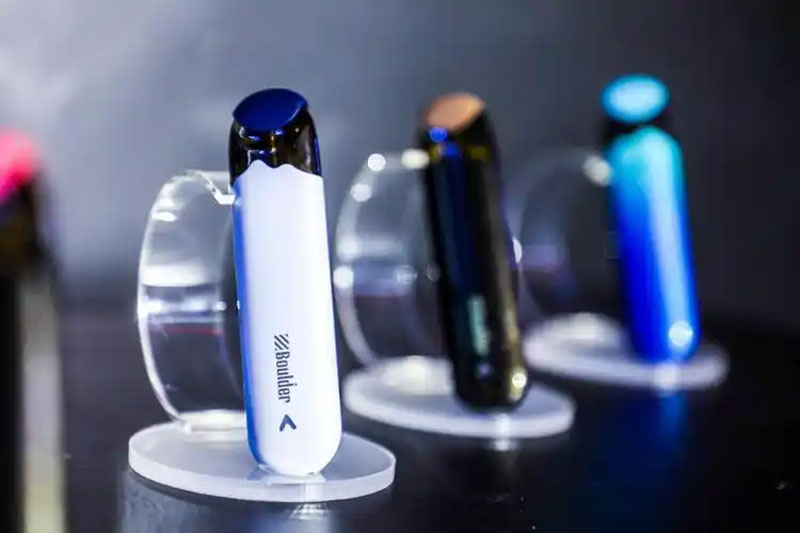Understanding Vietnam’s Current Stance
 In recent years, Vietnam has witnessed an increase in the number of individuals using e-cigarettes and vaping as alternatives to traditional smoking. While conventional tobacco products are stringently regulated, electronic nicotine delivery systems (ENDS) have slipped through regulatory gaps, leading to intensified discussions on their health impacts. E-cigarette regulation in Vietnam remains in its infancy compared to other Southeast Asian nations. This has prompted both governmental and health organizations to advocate for stricter controls to mitigate potential health risks.
In recent years, Vietnam has witnessed an increase in the number of individuals using e-cigarettes and vaping as alternatives to traditional smoking. While conventional tobacco products are stringently regulated, electronic nicotine delivery systems (ENDS) have slipped through regulatory gaps, leading to intensified discussions on their health impacts. E-cigarette regulation in Vietnam remains in its infancy compared to other Southeast Asian nations. This has prompted both governmental and health organizations to advocate for stricter controls to mitigate potential health risks.
Anticipated Changes in 2024
As Vietnam gears up to address vaping and e-cigarette regulation in 2024, several key proposals are under consideration. These include imposing age restrictions, which aim to prevent minors from accessing vaping products. Moreover, advertising regulations are set to become more rigorous to limit misinformation and promote harm reduction. Licensing requirements for retailers and manufacturers are also anticipated, aligning with practices observed in other regions that have implemented strong e-cigarette controls. In addition, tax policies are expected to evolve, potentially aligning e-cigarette taxation with traditional tobacco products to discourage excessive use.
Global Influence on Local Legislation
 Vietnam’s e-cigarette regulation is not developed in isolation; global trends significantly impact local decision-making. Countries like Thailand and Singapore have established strict bans on e-cigarettes, resulting in an international ripple effect. Meanwhile, nations such as the UK have embraced them as harm reduction tools which complicates Vietnam’s stance on vaping legality. These differing approaches influence Vietnam’s policymakers who seek to create a balanced regulatory framework considering global insights.
Vietnam’s e-cigarette regulation is not developed in isolation; global trends significantly impact local decision-making. Countries like Thailand and Singapore have established strict bans on e-cigarettes, resulting in an international ripple effect. Meanwhile, nations such as the UK have embraced them as harm reduction tools which complicates Vietnam’s stance on vaping legality. These differing approaches influence Vietnam’s policymakers who seek to create a balanced regulatory framework considering global insights.
- Impact on Consumers
With the anticipated changes in regulation, consumers in Vietnam may experience shifts in product availability and pricing. Increased regulation often results in higher compliance costs, which can translate to increased product prices. Additionally, consumers might encounter decreased variety in vaping products as suppliers adjust to the heightened regulatory environment. The focus will likely be on promoting products that adhere closely to health standards, drawing consumers towards safer options.
Overall, the upcoming changes in Vietnam’s e-cigarette regulation are poised to adapt the landscape of vaping in the country significantly, encouraging safer practices and possibly reducing the number of new users.
FAQs on Vietnam’s Vaping Regulations
- What specific regulations are expected to be implemented on e-cigarettes in 2024?
While exact details are continually discussed, anticipated measures include age restrictions, advertising guidelines, licensing requirements, and enhanced tax policies. - How will these regulations impact local e-cigarette businesses?

Businesses might face increased compliance costs and stricter operational guidelines, potentially necessitating adaptation to align with new legal frameworks. - Are there exceptions for medical or therapeutic use?
Currently, discussions focus primarily on recreational use, but medical exemptions may be considered under distinct regulatory criteria.
